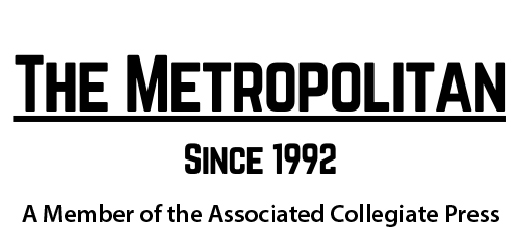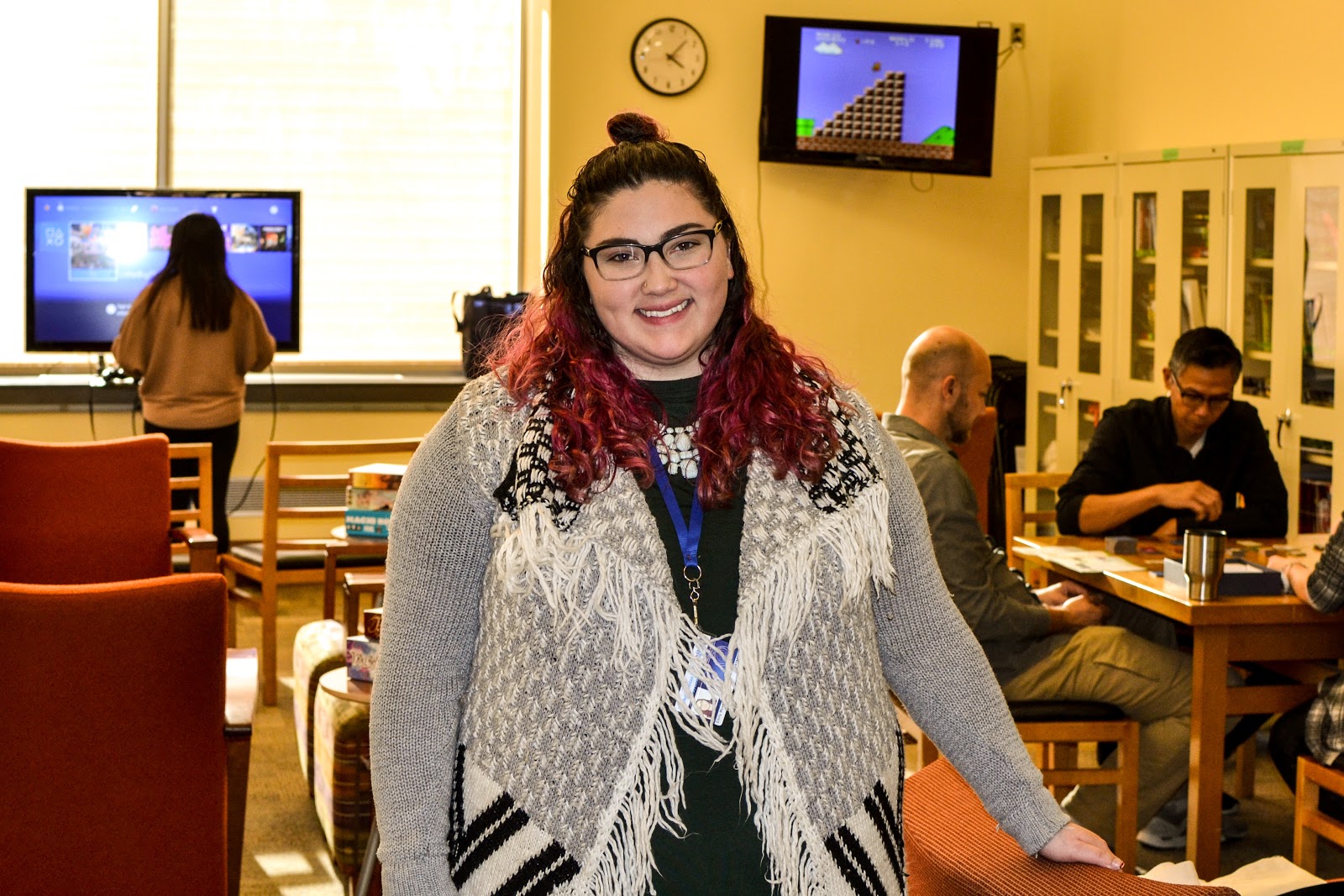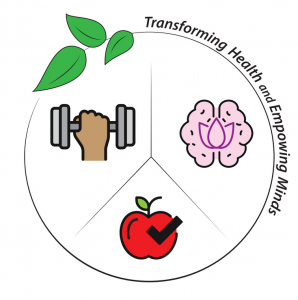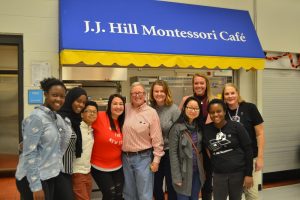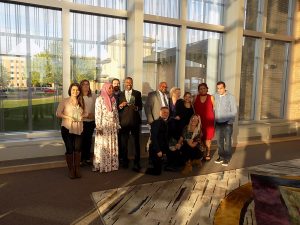Kathryn Ganfield
Share:
When Emily Myanna completed her master’s degree in higher education from the University of Minnesota, she knew she didn’t want to stray too far from a college campus. Joining AmeriCorps, a national voluntary service akin to the Peace Corps, proved to be her ticket to teaching college students.
Since September 2018, Myanna has been the CTEP AmeriCorps member stationed at Metro State’s Library and Learning Center. CTEP—short for Community Technology Empowerment Program—aims to reduce the “digital divide” between newcomers to computers and tech-savvy users.
Myanna’s appointment at Metro State marks the first time someone from CTEP has been placed in an institution of higher education.
“Metro is kind of the experiment in a way to see if it’s something that would work,” she said. She said CTEP programs are typically found at workforce education centers, K-12 schools and public libraries.
Myanna brings to Metro State a broad view of what constitutes digital literacy.
“It means playing video games for some people, or using Facebook or email,” she said. “Others would say video games or social media are not skills—but the world that we live in 2018, being able to connect with people and gather information on Facebook is definitely a skill.”
She also wants students to be wise to tech lingo like modem, screen and browser. “When you think about them as isolated terms, they’re odd ones, right?”
Since she started, Myanna has been updating the CTEP curriculum to suit a college audience—but not a generic one. She is well aware of the barriers faced by students of color, underrepresented students and those who have been out of the workforce for some time.
“Tech is such an interesting thing at Metro because you have older students for whom college and school has changed a lot since the last time they went, and traditional age students that maybe didn’t have the same access to technology at home and in high school,” Myanna said. “So I think the need [for tech literacy] is really there.”
In one-on-one tutoring sessions, she has helped orient students to Microsoft Word, taught them how to upload documents to D2L and check their student email account. She offers appointments in 30-minute increments as that has proved a manageable amount of time for busy students rushing to evening classes.
She has fielded a huge range of questions: Who do I address my cover letter to? What’s Office 365? Where are job postings on the internet? How do I sell something on Craigslist? Why is D2L so difficult to navigate?
Key to giving good answers is an extensive database of tech resources provided by AmeriCorps. She joins other CTEP members across the Twin Cities for biweekly training too.
She can also show students how to take the Northstar Digital Literacy Assessment. Students can earn computer skills certificates to demonstrate knowledge of social media, Windows, Microsoft Word, Excel and other software.
“A student might come in and technically be able to succeed in math or Writing 101 because they know the content or able to do the work,” she said. “But something as simple as opening D2L is a barrier to that success.”
Professor Jennifer DeJonghe sees these technological barriers firsthand when she staffs the reference desk in the Library. The librarians field as many questions about email as they do about citations and academic research. That inspired her to pursue the grant that funds Myanna’s position.
“Emily has been a perfect fit,” DeJonghe said. “In the short time she’s been here, I’ve been so impressed by the number of people she has helped.”
In addition to tutoring, Myanna also organizes Game Night activities on the third Tuesday of the month in the Library. She partnered with the Career Center to offer drop-in resume writing sessions in the Student Center. Students typically bring in a rough draft Word document and she helps them fine-tune bullet points, margins and alignment.
But Myanna’s services are open to more than Metro State students. Given the university’s unique partnership with the St. Paul Public Library system, you can find her offering an open lab in the Dayton’s Bluff branch every week too.
When Myanna finishes her year of service at the university, she will leave behind her research and insights into the breadth of the digital literacy gap at Metro State—and her best practices for bridging it.
For more information or to schedule a tutoring session, contact Emily Myanna at 651-793-1608 or emily.myanna@metrostate.edu.
